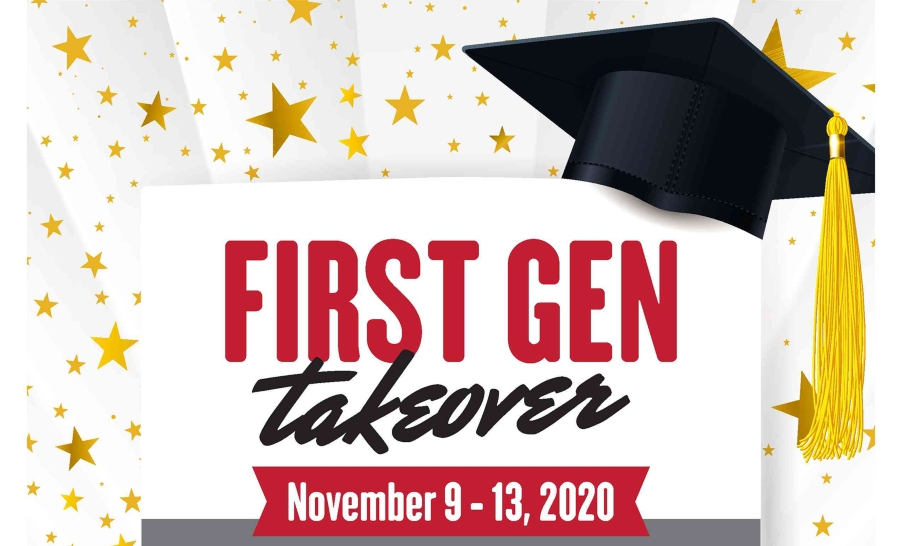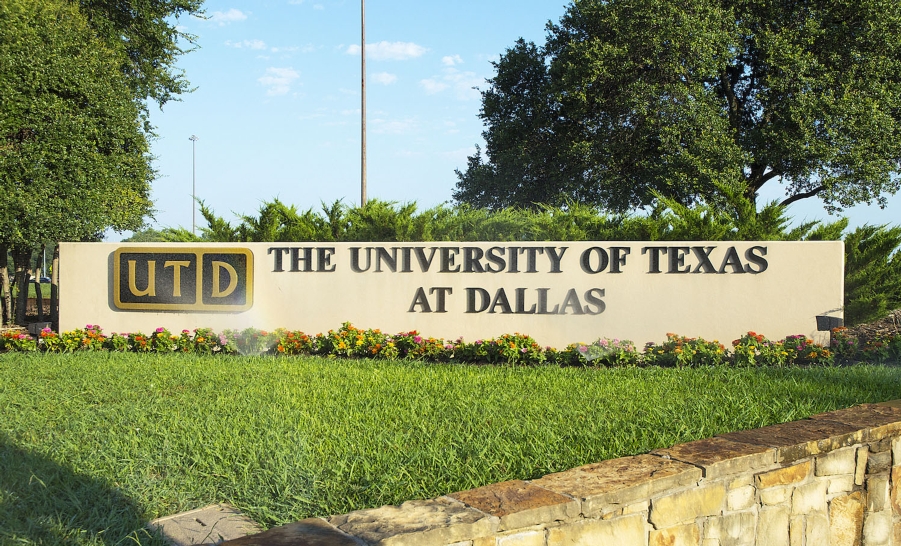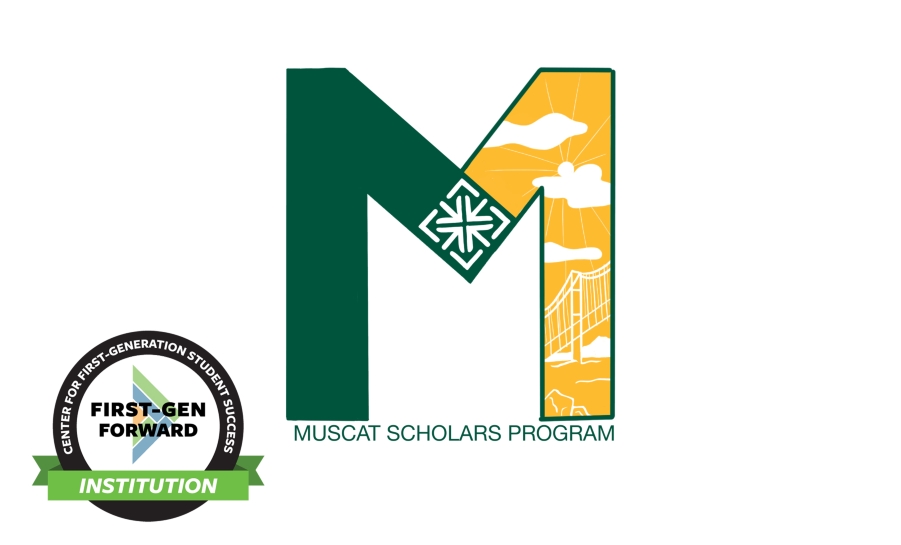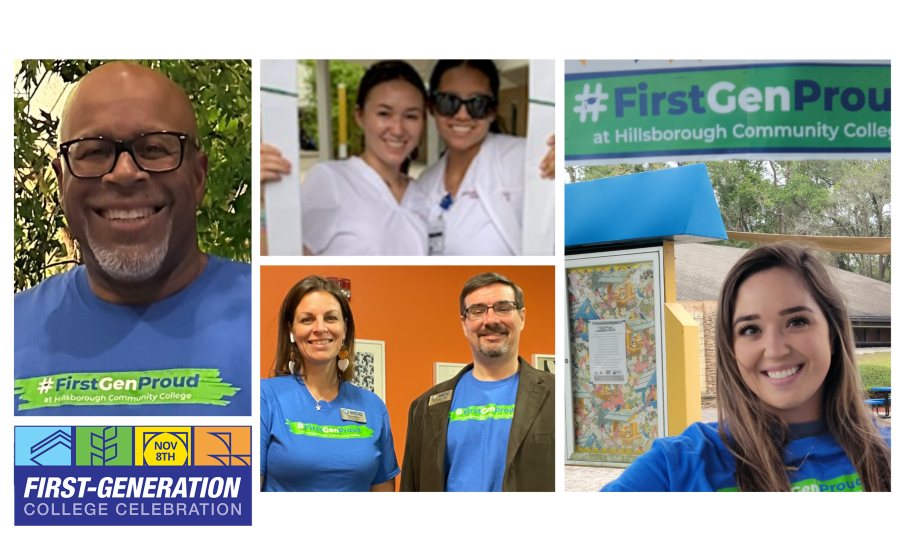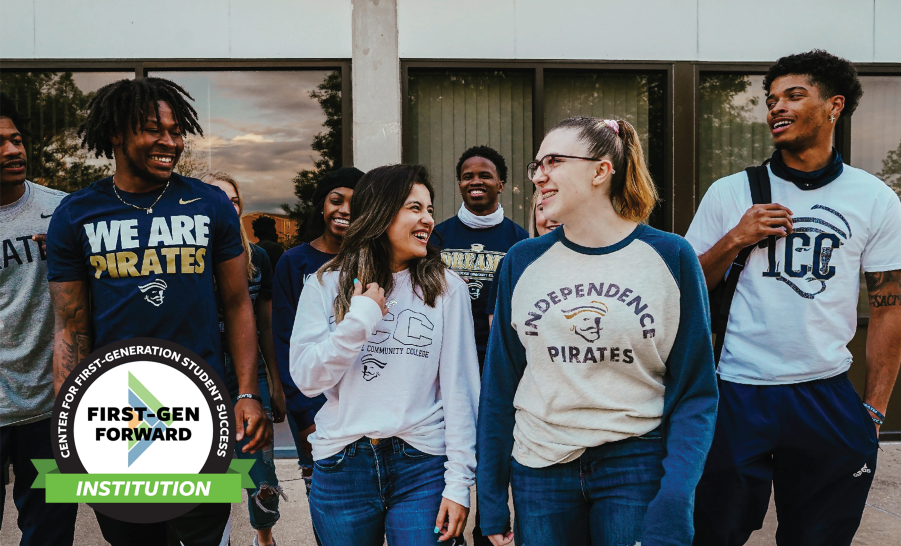Advancing First-generation Student Success Across Campus
, / FirstGen Forward / October 28, 2020
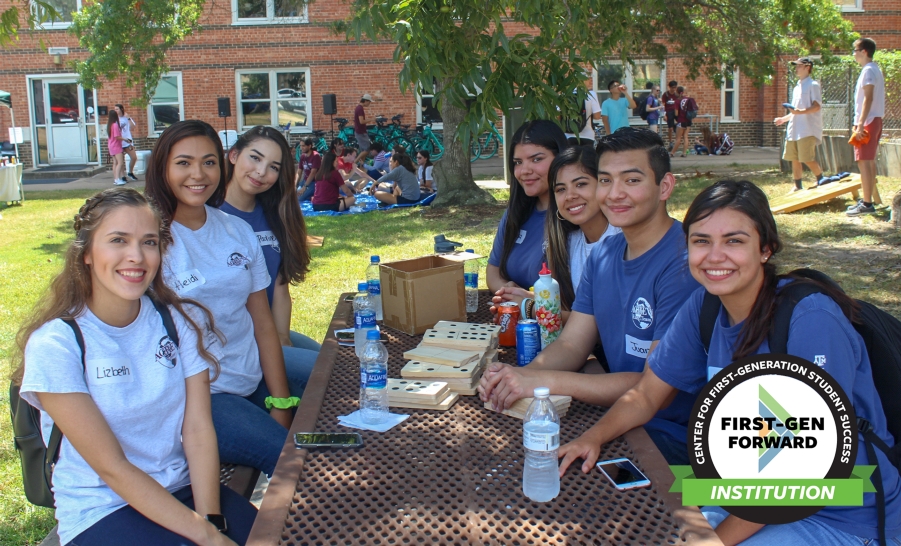
In our efforts to create a collaborative team at Texas A&M University, it was crucial for us to recognize individuals who represented various units, colleges, and departments committed to fostering an environment suitable for the success of first-generation college students. Moving forward, Kelley O’Neal, director of the Marilyn Kent Byrne Student Success Center in the College of Education & Human Development, sought to identify campus professionals that identified as first-generation or who were advocates for first-generation student success. Specifically, Mr. O’Neal wanted to establish a small group of peers to serve as the representatives and aid in submitting the First-Gen Forward application to recognize Texas A&M University as a First-Gen Forward institution at the national level and identify a group of individuals to elevate the experiences of first-generation students.
Through Mr. O’Neal’s recent presentation to the college’s staff and faculty of the services the Center offers, the first connection was established with Dr. Jacqueline Turner, a research specialist in the College of Education. Next, Mr. O’Neal met Mr. Victor Castillo, an academic advisor III in the College of Science, through their higher education program. At the time, Mr. Castillo spoke passionately about his time as a first-generation undergraduate at Texas A&M University and highlighted the academic efforts focused on a scholarship-based program for first-generation students in the College of Sciences. Lastly, Dr. Leticia Palomin, a staff member from the Office for Student Success working directly with first-generation students through a scholarship-based program, joined the team. Unintentionally, we are all first-generation college graduates and change agents in our own right, focusing on access and equity for historically marginalized and minoritized student groups.
It was crucial for us to recognize individuals who represented various units, colleges, and departments committed to fostering an environment suitable for the success of first-generation college students.
Similar to other higher education institutions, the continuous effort to challenge and reframe the narrative from a deficit-based to an asset-based narrative related to first-generation students across the campus community is a challenge for us. In addition, we know that access to resources (e.g., human bandwidth, financial support, physical space, etc.) varies across units, colleges, and departments across the institution. Therefore, we recognize that this challenge may hinder our institution’s ability to advance educational outcomes for a particular group.
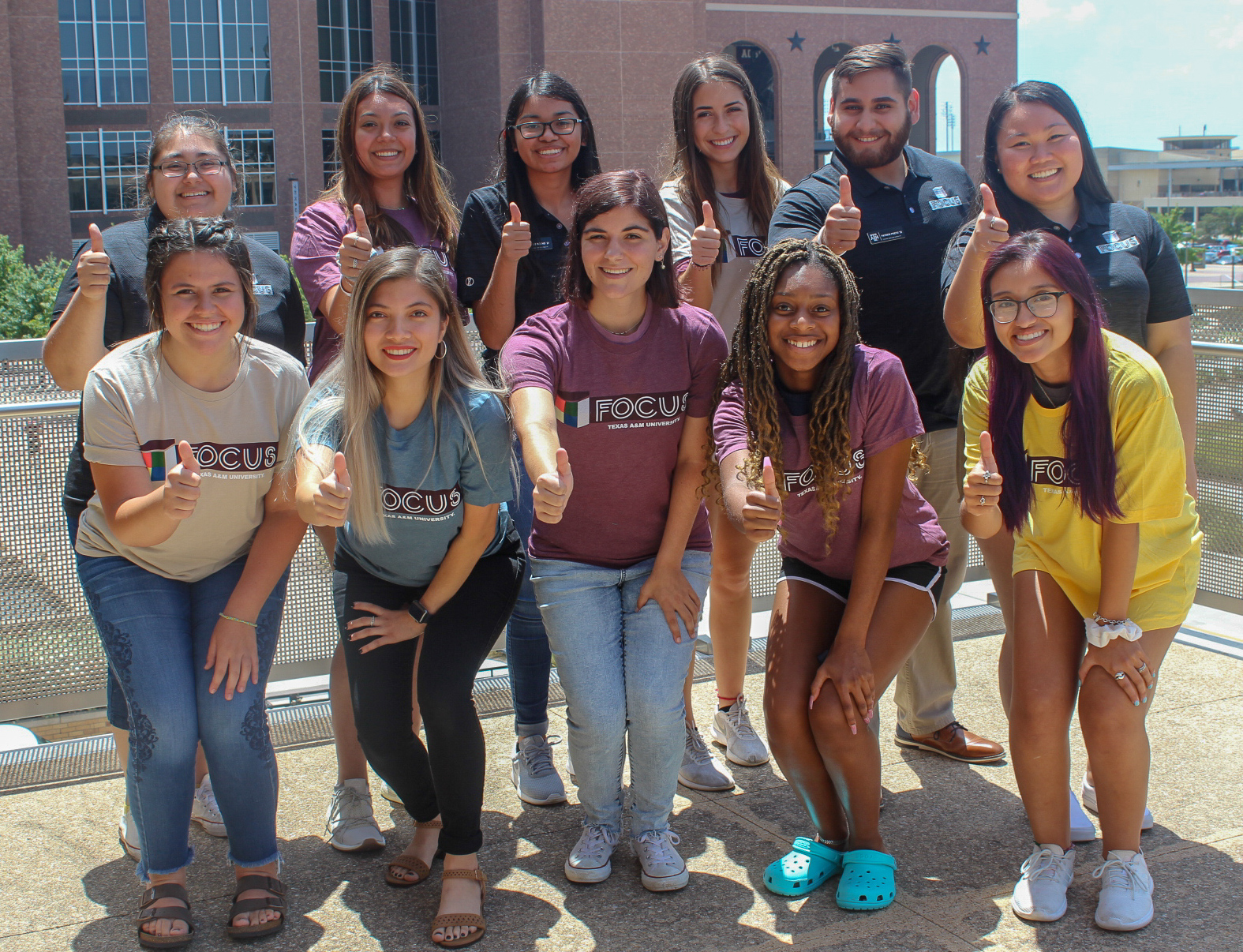
As a First-Generation Forward institution, we had the opportunity to host a virtual panel for staff and faculty to introduce ourselves and to highlight existing efforts related to first-generation student success during the campus’ virtual first-generation celebration in November 2020. In addition, we began to cultivate a space for institutional members who identified, were interested in, or lead efforts focused on first-generation students to share current projects or future collaborations to better support our students.
In collaboration with the established campus partners, we are currently identifying continuing first-generation campus efforts, research, and highlighting faculty and staff who are champions of first-generation student success. We are also in the process of providing the information in a centralized location for internal and external access and use by various stakeholders. Conversations with others about submitting research proposals, manuscripts, and professional development opportunities to increase first-generation student experiences and outcomes are also ongoing. We are excited to see how we can continue to support our first-generation students moving forward.
For more information on Texas A&M University’s approach, please visit their website here.
